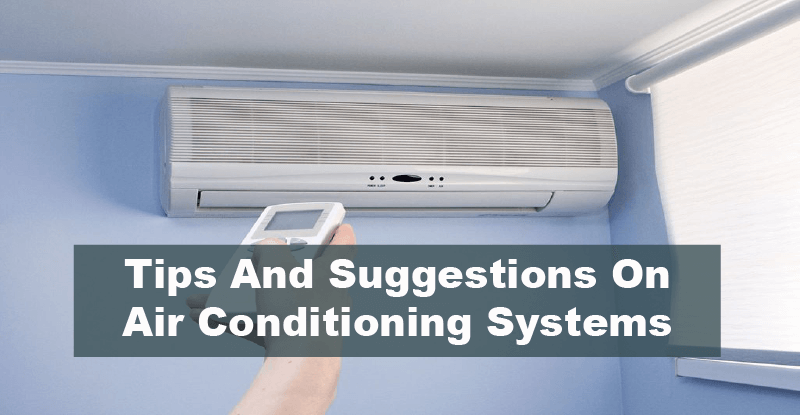Cassette air conditioners, named for their resemblance to cassette tapes due to their shape, offer a unique solution for climate control. Often a preferred choice for those seeking a discreet and aesthetically pleasing option, these units cool and heat rooms effectively while blending into the ceiling. But are they the right fit for everyone? Let’s delve deeper into the world of cassette air conditioners, exploring their intricacies, advantages, limitations, and considerations to make an informed decision.
How Cassette Air Conditioners Work
Similar to traditional air conditioners, cassette units utilize the principles of refrigeration to cool or heat a space. Here’s a breakdown of their operation:
- Air Intake: The unit draws in warm room air through a grille located in the ceiling cassette.
- Filtration: The air passes through filters which remove dust, allergens, and other airborne particles.
- Cooling Process: Inside the unit, a refrigerant absorbs heat from the air. This refrigerant is compressed, further increasing its temperature.
- Condensation and Heat Rejection: The hot refrigerant then travels to a condenser coil, where a fan blows cool air across it. This causes the refrigerant to condense back into a liquid state, releasing heat in the process. This heat is typically expelled outside the building through ductwork.
- Evaporation and Cool Air Distribution: The cooled refrigerant then moves to an evaporator coil. Here, the refrigerant absorbs heat from the air passing over the coil, causing it to cool down. A fan inside the unit blows this cool air back into the room through the ceiling grille.
- Heating (Optional): In some models, a heat pump function allows for heating. The process reverses, with the refrigerant absorbing heat from the outside air and releasing it inside the room.
Advantages of Cassette Air Conditioners
There are several compelling reasons to consider a cassette air conditioner:
- Discreet Design: Unlike wall-mounted units that can be visually obtrusive, cassette units integrate seamlessly into the ceiling. All you see is a square grille, making them ideal for modern interiors or rooms where aesthetics are a priority.
- Even Airflow Distribution: The four-way airflow design ensures consistent cooling or heating throughout the room. This eliminates hot or cold spots often experienced with wall-mounted units.
- Powerful Cooling and Heating: Cassette units come in various sizes, with some boasting impressive cooling and heating capacities. This makes them suitable for large rooms or open floor plans.
- Quiet Operation: Modern cassette units, especially those with inverter technology, operate at relatively quiet noise levels, minimizing disruption in living or working spaces.
- Additional Features: Some models offer advanced features like variable speed operation, allowing for precise temperature control and potentially lower energy consumption. Remote control functionality provides convenience in adjusting settings without needing to directly access the unit.
- Space-Saving: Cassette units free up valuable wall space, especially beneficial in smaller rooms or areas where wall placement might be impractical.
Disadvantages of Cassette Air Conditioners
While cassette units offer numerous advantages, there are a few limitations to consider:
- Installation: Installing a cassette air conditioner requires a dropped ceiling. This can be a drawback in existing structures without one, as creating a dropped ceiling adds to the cost and complexity of installation.
- Professional Installation: Due to their placement and technical aspects, cassette units typically require professional installation by qualified technicians. This can be more expensive compared to installing a DIY wall-mounted unit.
- Maintenance Access: Regular cleaning and maintenance of the filters and internal components are crucial for optimal performance. Since the unit is hidden in the ceiling, accessing it can be more challenging and might require special tools or assistance.
- Cost: Cassette units are generally more expensive than their wall-mounted counterparts due to their larger size, advanced features, and specialized installation requirements.
- Limited DIY Options: Due to the complexity of installation, cassette units typically don’t offer many DIY options for those looking to save on installation costs.

Important Considerations for Choosing a Cassette Air Conditioner
Before committing to a cassette air conditioner, there are several factors to consider:
- Room Size: Ensure the unit you choose has sufficient cooling and heating capacity for your room’s size. An undersized unit will struggle to maintain the desired temperature, while an oversized unit could be inefficient and lead to higher energy bills.
- Features: Decide on the features you prioritize. Features like inverter technology, variable speed operation, remote control, and dehumidification capabilities can enhance user experience and potentially improve energy efficiency.
- Budget: Cassette units are generally a significant investment. Consider the initial cost of the unit, installation, and potential ongoing maintenance expenses.
- Ceiling Height: Ensure your ceiling has enough clearance to accommodate the cassette unit. Standard ceiling heights are typically suitable, but verify the specific dimensions
Looking to install a commercial HVAC System or Duct work in your Business Area?
Contact Vipul Ac to learn about our HVAC Service
Call +91 9825636606 Today.

